Advanced Australian Fare: How Australian cooking became the world's best
Allen & Unwin, $29.95 pb, 364pp
How to Cook a Galah: Celebrating Australia's culinary heritage with recipes
Lothian, $29.95 pb, 256pp
Different Kitchens
Blaise Pascal wrote in 1670: ‘Had Cleopatra’s nose been shorter, the whole face of the world would have changed.’ Had he been writing today, his aphorism might have been an advertisement for a cosmetic surgeon, and it would have been the longer not the shorter nose that was the problem. Pascal, being French, must have been interested in food, and noses. E.H. Carr was almost certainly interested in neither. Carr’s 1961 essay What Is History?, republished several times, most recently this year, may emerge as his claim to immortality. In it he named, and derided, a theory of historical causation, the Cleopatra’s nose school. Had Cleo’s nose been aesthetically unpleasing, Mark Antony (and Julius Caesar before him) would not have become besotted with her, the battle of Actium may not have happened, or gone better, and the subsequent history of the Roman Empire and all of the Mediterranean basin would have been different. It is a theory of history transformed by chance and by individual circumstances, actions and idiosyncrasies. Cleo’s nose has been renamed ‘counterfactualism’ and is taking on a more sophisticated guise thanks to challenges to the concept of linear causality presented by, inter alia, postmodernism, quantum physics and chaos theory. Its real problem remains what it has always been: it needs very hard work. You must be a carpenter laying a floor, a policeman establishing a chain of evidence for court. You have to interrogate your sources, you have to articulate your frame of reference and explain yourself at each stage of the chain.
Continue reading for only $10 per month.
Subscribe and gain full access to Australian Book Review.
Already a subscriber? Sign in.
If you need assistance, feel free to contact us.


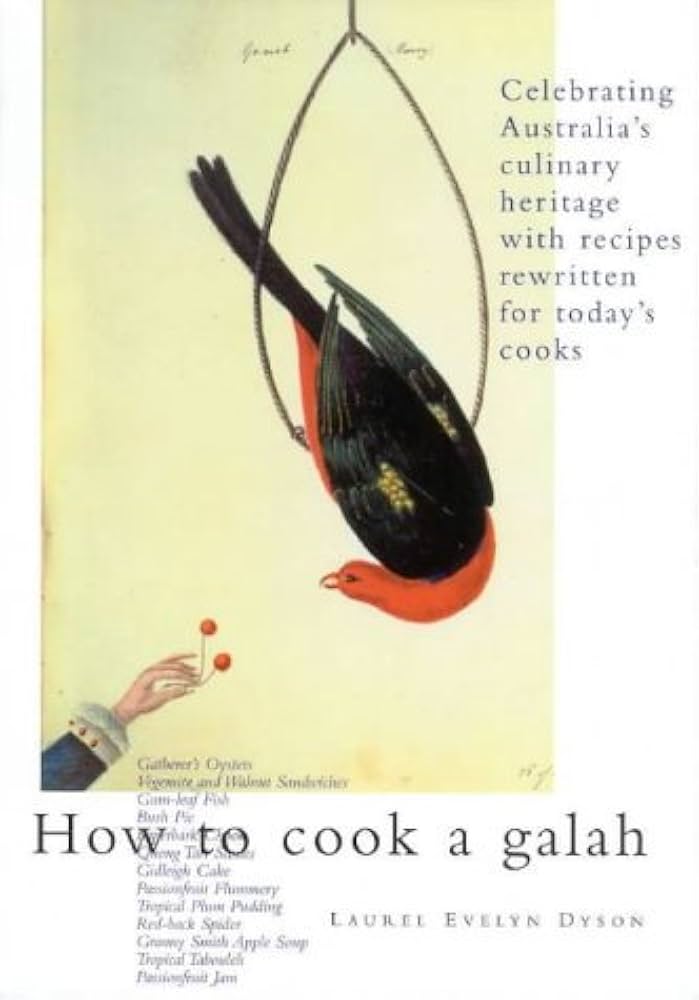
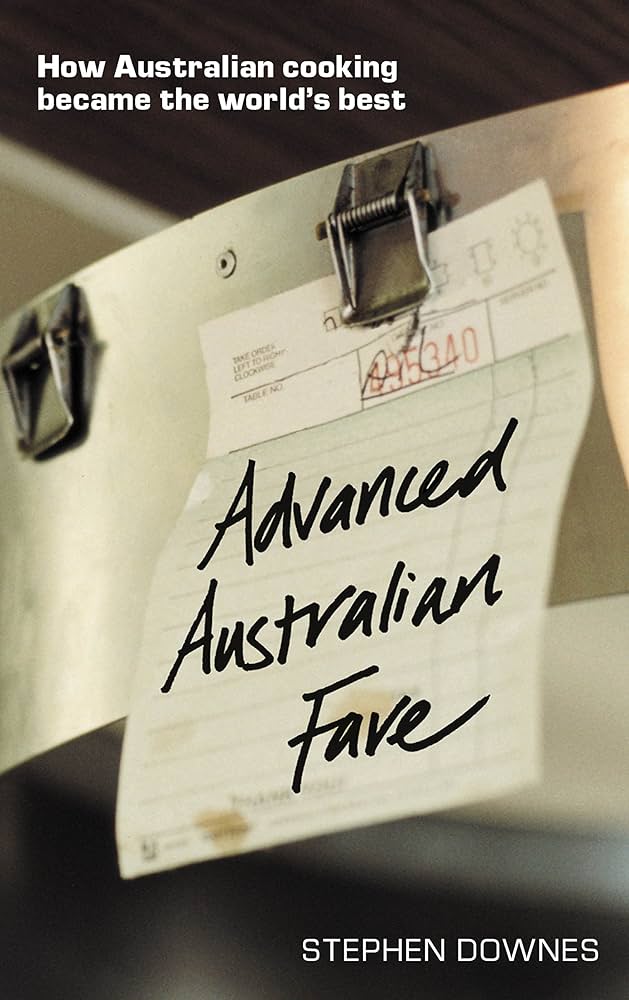
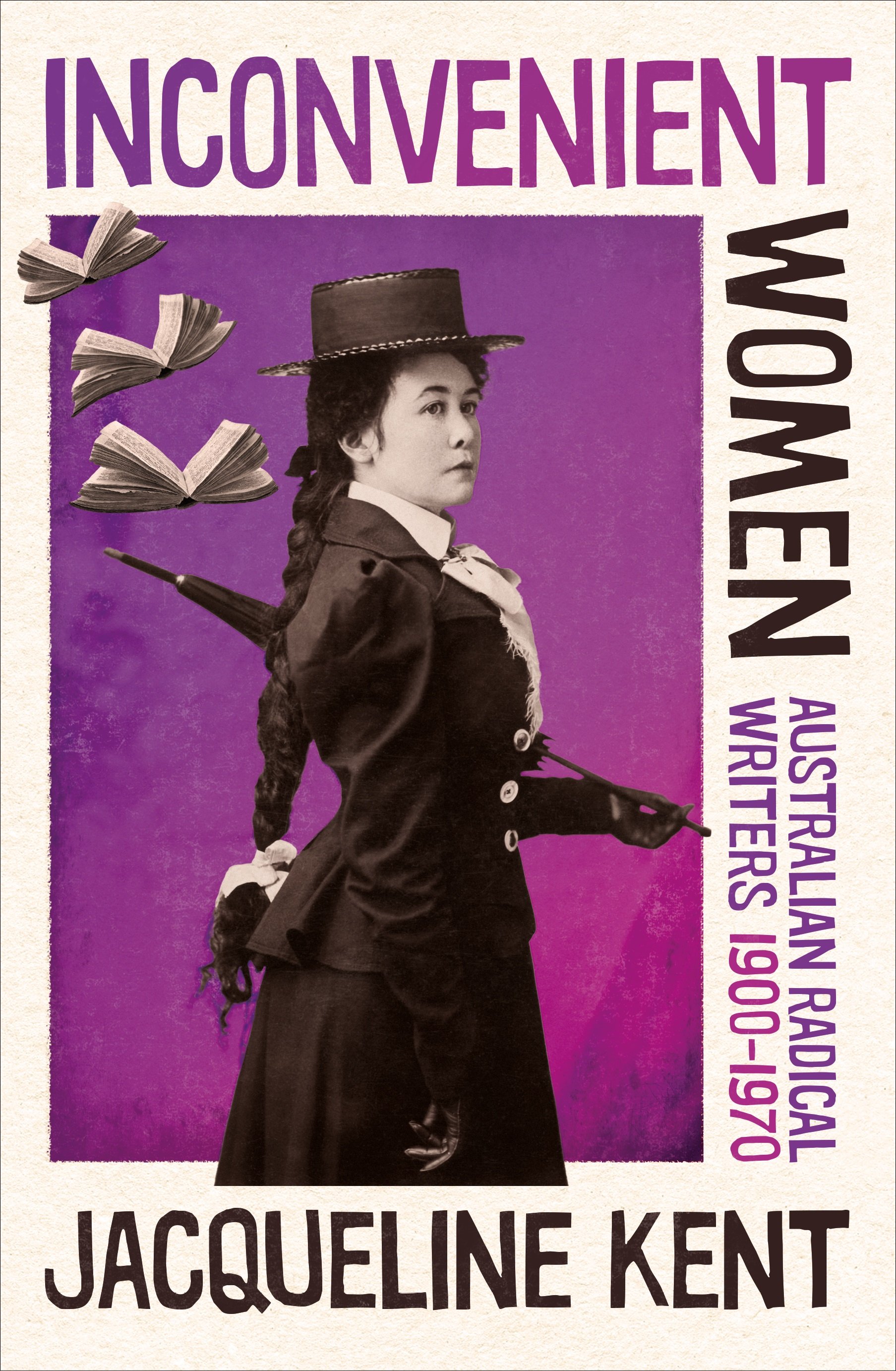


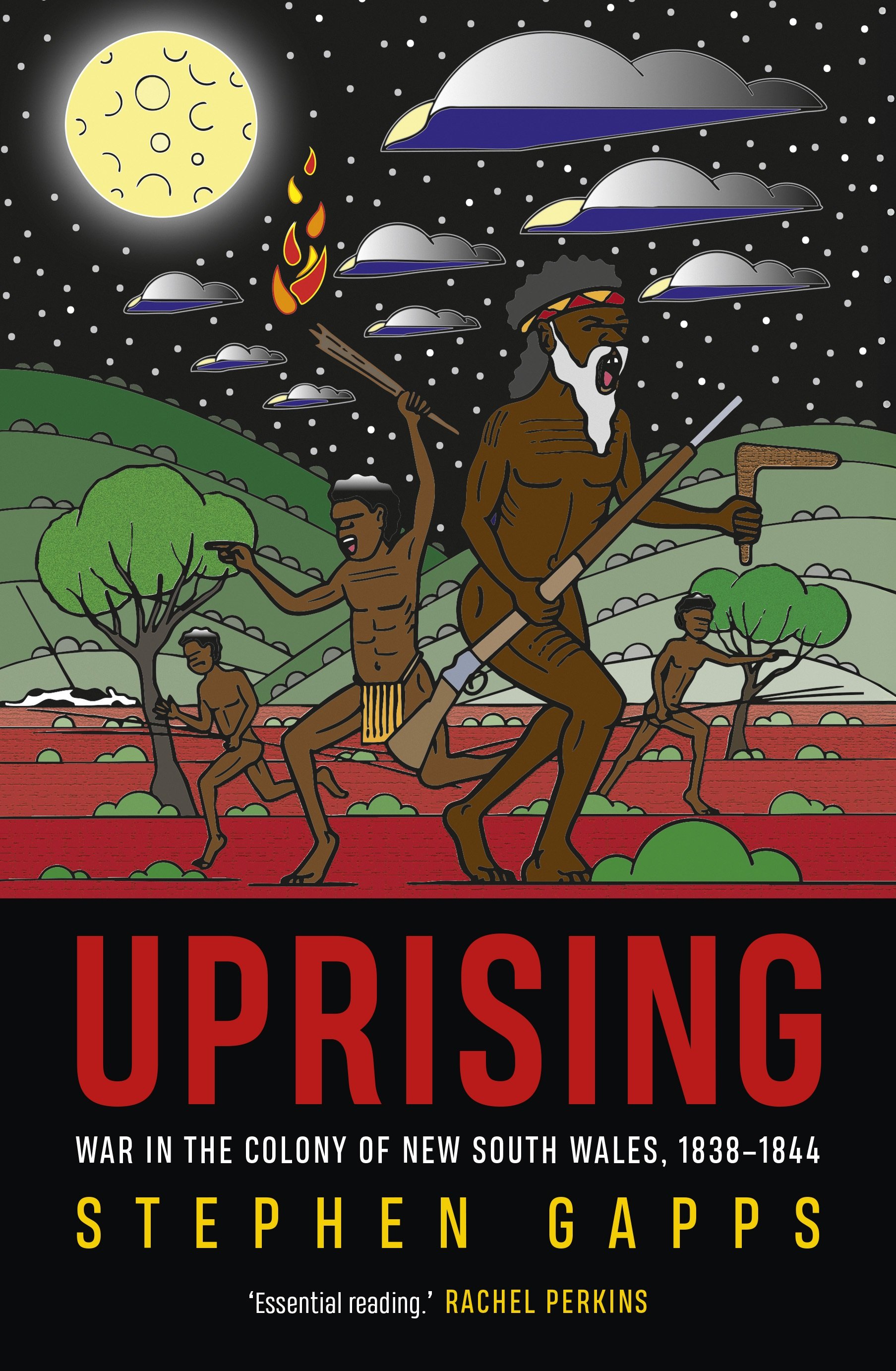
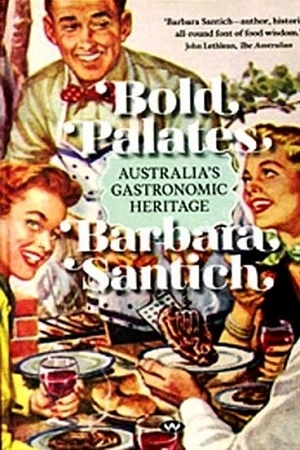
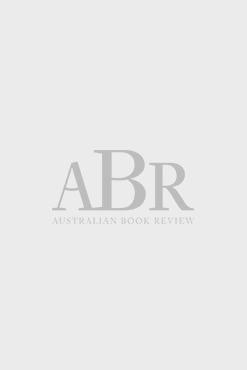




Leave a comment
If you are an ABR subscriber, you will need to sign in to post a comment.
If you have forgotten your sign in details, or if you receive an error message when trying to submit your comment, please email your comment (and the name of the article to which it relates) to ABR Comments. We will review your comment and, subject to approval, we will post it under your name.
Please note that all comments must be approved by ABR and comply with our Terms & Conditions.